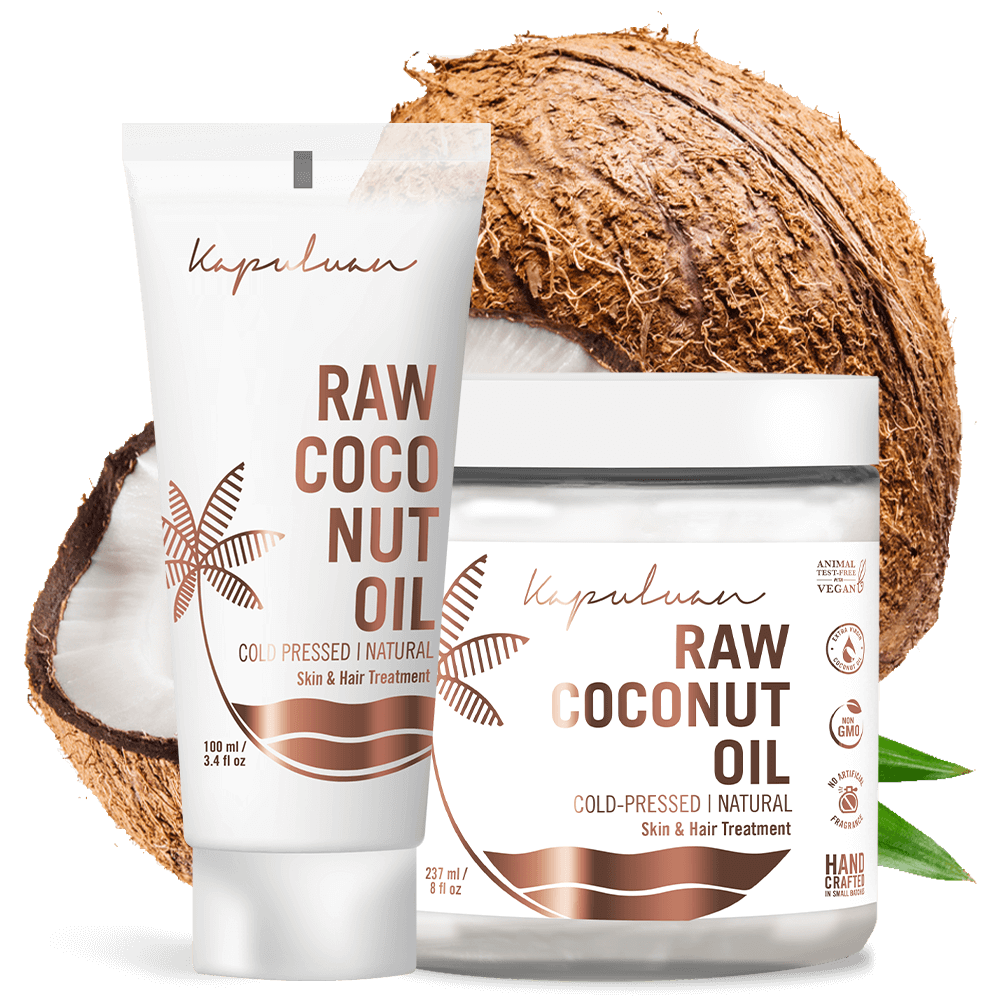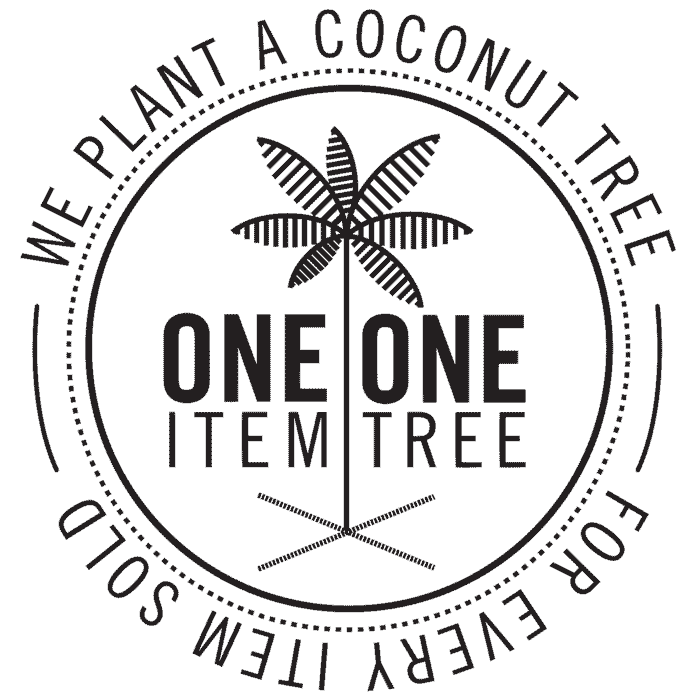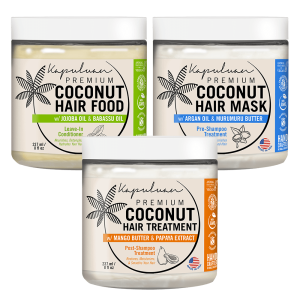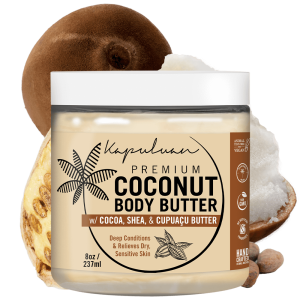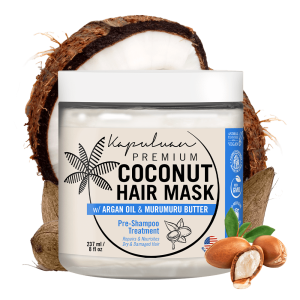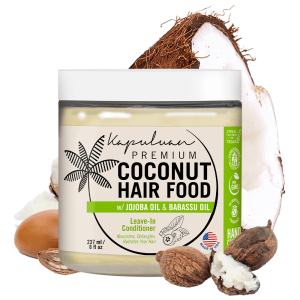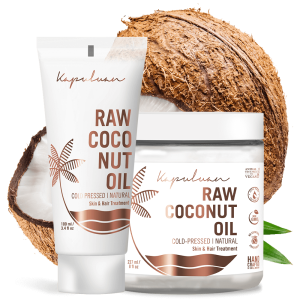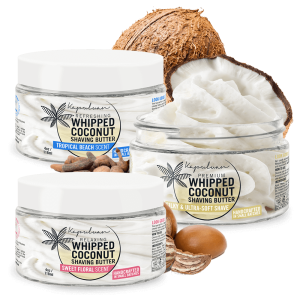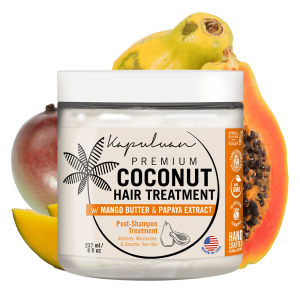Last Updated on May 31, 2023 by Kapuluan

We love to smell great.
And we shudder at the thought of smelling bad.
Every day, as we prepare to face the world, we put on our favorite fragrances and never forget to put on deodorant or antiperspirants. Approximately 90% of Americans put on deodorant daily, guarding against flaunting an unpleasant smell. In addition, many of us carry deodorant or keep it at the office for those stressful days or when we run and sweat our way to an appointment.
But in doing so, we unknowingly subject ourselves to harsh toxic chemicals.
This seemingly safe daily hygiene can have severe consequences for your health, very few people have ever considered this.
According to the National Cancer Society, reports have suggested that these products contain harmful substances which can be absorbed through the skin. Over time, these toxic chemicals can cause cancers, tumors, bronchial issues, and other health-related problems.
Scientists have proposed that certain ingredients in underarm antiperspirants or deodorants may be related to breast cancer because they are frequently applied to an area in contact with our lymph nodes and next to the breast.
A study published in 2003 in the European Journal of Cancer Prevention interviewed 437 women with breast cancer about their past and present use of deodorants. The study reported that women who applied deodorant at least twice a week and shaved their armpits at least three times a week developed breast cancer almost 15 years younger than women who did neither.
A study published in 2004 in the Journal of Applied Toxicology looked at synthetic chemicals, parabens. Parabens are one of the harmful chemicals found in deodorants. The researchers looked at 20 human breast tumor samples and found that parabens were present in 18 of them. They concluded that these results suggested that parabens in deodorants could be absorbed through the skin, increasing the risk of breast cancer.
In another new study, exposure to aluminum was linked to Alzheimer’s disease, with higher frequencies of deodorant use corresponding to higher risks of developing Alzheimer’s. In addition, abnormal accumulation of aluminum has been found in the brains of people with Alzheimer’s disease. When aluminum is injected into the brains of laboratory animals, the animals develop a neurological disease similar to Alzheimer’s.
While there are arguments against this research, it’s hard to argue against the fact that chemicals and unnatural products have been shown to have adverse health effects on humans. In addition, we know that the skin is our largest organ and can absorb.
As the saying goes, if you wouldn’t eat it, don’t put it on your skin.
Ultimately it comes down to personal beliefs and choices, but what’s the harm in using all-natural products?
At Kapuluan, we believe we must take measures to ensure that what we put on our skin is as natural as possible. We use coconut oil as a natural deodorant…we use coconut oil for everything. However, some people may need something more substantial. There are many DIY recipes for coconut oil-based deodorants and natural deodorants that can be store-bought. It’s up to you, but there are many options out there.
We put together a list of harmful chemicals found in deodorant that you need to watch out for.
1. Parabens
(methyl, ethyl, propyl, benzyl and butyl)
Parabens are a prevalent ingredient that is found in everyday cosmetic products and your deodorant as well. Parabens are preservatives used in some deodorants and antiperspirants that have been shown to mimic the activity of estrogen in the body’s cells. This chemical disrupts hormonal balances and can lead to early puberty in children, hormone-related cancers in women, and organ toxicity. The belief that parabens build up in breast tissue was supported by a 2004 study, which found parabens in 18 of 20 samples of tissue from human breast tumors. So why is everyone so down on parabens after it has been used for nearly 70 years?
Dangers for health: linked to breast cancer.
2. Aluminum compounds
(Aluminum chlorohydrate, aluminum zirconium tetrachlorohydrex gly)
Aluminum compounds within deodorants act as a plug within the sweat ducts and temporarily stop the flow of sweat. However, these compounds can be absorbed by your skin. In addition, aluminum heavy metals, aluminum may interfere with estrogen receptors’ ability to process the hormone correctly and is linked to breast cancer in women, prostate cancer in men, and an increased risk of Alzheimer’s.
Dangers for health: linked to breast cancer, prostate cancer, Alzheimer’s.
3. Silica
Silica is a known skin irritant; it may also be contaminated with crystalline quartz, a carcinogen (capable of causing cancer).
Dangers for health: cancer, allergies/immunotoxicity
4. Triclosan
Triclosan is classified as a pesticide, according to the FDA. Although the FDA uses are not regulated under pesticide law, the EPA considered these exposures in the aggregate risk assessment, while the IARC listed it as a possible carcinogen. In deodorants, triclosan is used as an antibacterial agent and preservative and reacts with tap water to create chloroform gas, a potential carcinogen. This chemical can also possess endocrine-disrupting properties that have shown up in human breast milk and blood.
Triclosan can irritate your skin and cause contact dermatitis. Your body contains excellent and harmful bacteria, but triclosan kills both.
Dangers for health: skin irritation, contact dermatitis, cancer.
5. Talc
IARC claims that if Talc contains asbestiform fibers, it is considered a carcinogen. However, the quantity of asbestiform fibers in deodorants is unclear as it is not regulated in cosmetic products.
Dangers for health: linked to cancer.
6. Propylene Glycol
When this chemical is paired with other chemical additives, it can be hazardous. This ingredient causes damage to the central nervous system, liver, and heart. Even in small concentrations (2 percent or less), propylene glycol provokes skin irritation in those with sensitive skin. Moreover, some manufacturers have made deodorants with 50 percent propylene glycol content. Believe it or not, you will likely find this in many “natural” deodorants.
Dangers for health: delayed allergic reactions, possible kidney and liver damage.
7. Steareth-n
Usually listed with a number (like stealth-15), these additives come from a cheap process that makes harsh ingredients mild. The process (known as ethoxylation) produces carcinogenic 1,4-dioxanes during manufacturing. The “n” stands for a number. So the label may say, for example, stealth-1. It is derived from vegetables but reacts with a known carcinogen, ethylene oxide.
The “n” stands for a number. So the label may say, for example, stealth-1. It is derived from vegetables but reacts with a known carcinogen, ethylene oxide.
Dangers for health: linked to cancer.
8. TEA & DEA
TEA and DEA (triethanolamine and diethanolamine) adjust the pH and are used with many fatty acids to convert acid to salt (stearate), which becomes a cleanser’s base. They both could be toxic if absorbed into the body over a long period, where DEA can cause liver and kidney damage, and TEA can cause allergic reactions. These chemicals are already restricted in Europe due to known carcinogenic (cancer-causing) effects.

